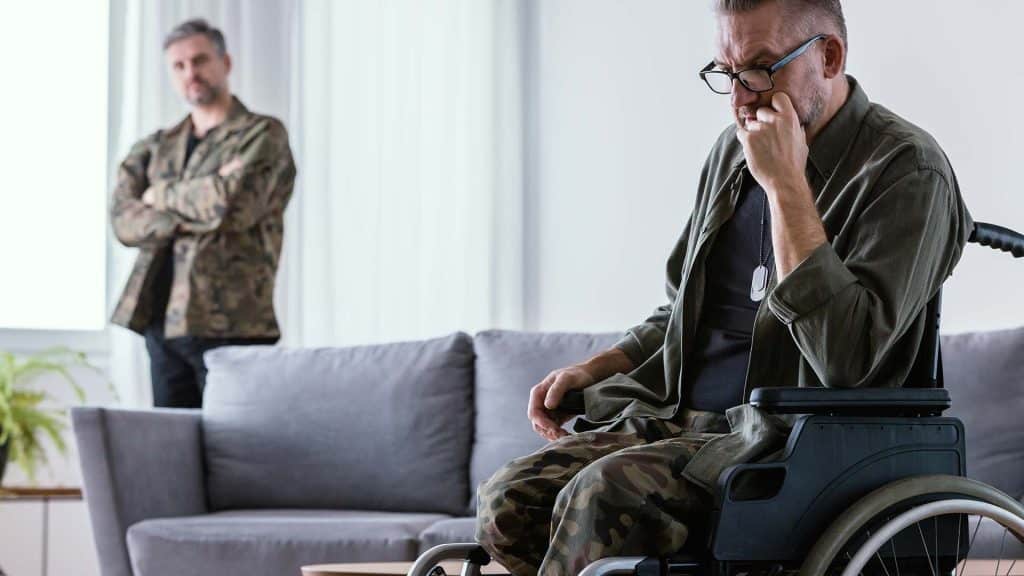Veterans, the brave men and women who have served their countries with honor and dedication, often bear the hidden wounds of war long after they return home. While physical injuries are visible and treated promptly, the mental health challenges faced by veterans are often overlooked. Lets talk about some of the reasons why veterans struggle with mental health, highlighting the unique factors that contribute to their psychological burdens.
Exposure to Traumatic Experiences:
Veterans are exposed to highly stressful and traumatic situations during their service, including combat, witnessing violence, and experiencing the loss of comrades. These experiences can lead to post-traumatic stress disorder (PTSD), a debilitating condition characterized by intrusive memories, nightmares, hyperarousal, and emotional numbing. PTSD affects approximately 11-20% of veterans, making it one of the most prevalent mental health disorders among this population.
Difficulty Transitioning to Civilian Life:
The transition from military to civilian life can be challenging for veterans. They may struggle with adapting to a different routine, finding employment, and rebuilding their social networks. The loss of the structured military environment and the camaraderie shared with fellow service members can leave veterans feeling isolated, which can contribute to depression and anxiety.
Multiple Deployments and Extended Separation:
Many veterans have endured multiple deployments, spending months or even years away from home and their loved ones. These extended periods of separation can strain relationships and create emotional distance. Reintegration into family life can be complicated, as veterans may struggle to reconnect and adjust to their roles as partners, parents, or siblings. The strain on relationships can significantly impact their mental well-being.
Physical Injuries and Chronic Pain:
Physical injuries, such as amputations, traumatic brain injuries, and chronic pain, are common among veterans. These conditions not only cause physical discomfort but can also lead to emotional distress. Chronic pain, in particular, can contribute to depression, anxiety, and an increased risk of suicide. The interplay between physical and mental health further complicates the recovery process for veterans.
Stigma and Barriers to Seeking Help:
Despite the increased awareness of mental health issues, veterans often face stigma and barriers when seeking help. The culture of military service values strength, resilience, and self-reliance, making it challenging for veterans to admit vulnerability and seek mental health support. Concerns about career repercussions, judgment from peers, and confidentiality can discourage veterans from reaching out for assistance, perpetuating their struggles in silence.
Substance Abuse and Self-Medication:
Some veterans turn to substance abuse as a coping mechanism for their mental health challenges. Traumatic experiences and untreated mental health conditions can increase the risk of developing substance use disorders. Substance abuse exacerbates existing mental health issues, leading to a dangerous cycle of dependency and further isolation.
The mental health struggles faced by veterans are a pressing concern that demands attention and support. The combination of exposure to traumatic experiences, difficulties transitioning to civilian life, multiple deployments, physical injuries, stigma, and substance abuse contribute to their mental health challenges. As a society, we must prioritize resources and initiatives that provide comprehensive mental health care and support tailored to the unique needs of veterans. By recognizing their sacrifices and providing accessible and effective mental health services, we can honor their service and aid in their healing journey. It is crucial that we come together to break the silence surrounding veteran mental health and ensure that no veteran fights their battle alone. At Swift River, we offer programming tailored specifically to veterans to help them overcome any and all struggles they from their service.












